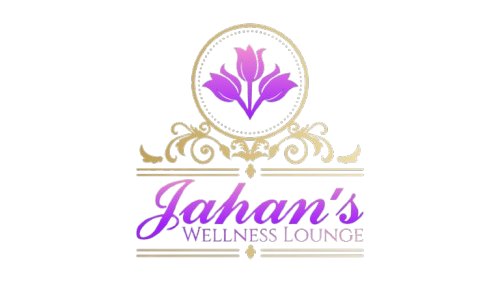Regain Vitality With Testosterone Replacement Therapy
At Jahan's Wellness Lounge, our Testosterone Replacement Therapy (TRT) is designed to optimize men's health by restoring testosterone balance. Through a comprehensive assessment, we evaluate symptoms like fatigue and decreased libido.
This personalized TRT therapy includes monitoring testosterone levels, using precise tests to ensure effective hormone balance. Our goal is to enhance vitality by addressing mood changes and low libido, helping you regain energy and improve mood. Lifestyle recommendations accompany treatments for lasting benefits.
We invite you to experience the benefits of testosterone replacement, supported by our expert care.
Benefits of TRT
Boost Vitality Instantly
Regain energy and vitality with TRT, boosting testosterone balance for improved lifestyle and mood. Enjoy the benefits at Jahan's Wellness Lounge in Turlock.
Enhance Mood Naturally
Enhance your mood naturally with TRT therapy, promoting better emotional health and stability. Trust Jahan's Wellness Lounge for professional, personalized treatment, optimizing testosterone balance efficiently in Turlock.
Optimize Hormonal Health
Optimize your hormonal health with TRT, ensuring vitality and strengthening men's health naturally. Jahan's Wellness Lounge in Turlock provides tailored care for hormonal balance.
Frequently Asked Questions
Explore our FAQs to learn about testosterone replacement therapy. If you have further questions, contact us for personalized assistance. We're here to help improve your well-being.
What Our Clients Love About Us
Our clients’ testimonials offer genuine insights into their experiences, showcasing how our services have improved their health and well-being. Dive in to learn their stories.




